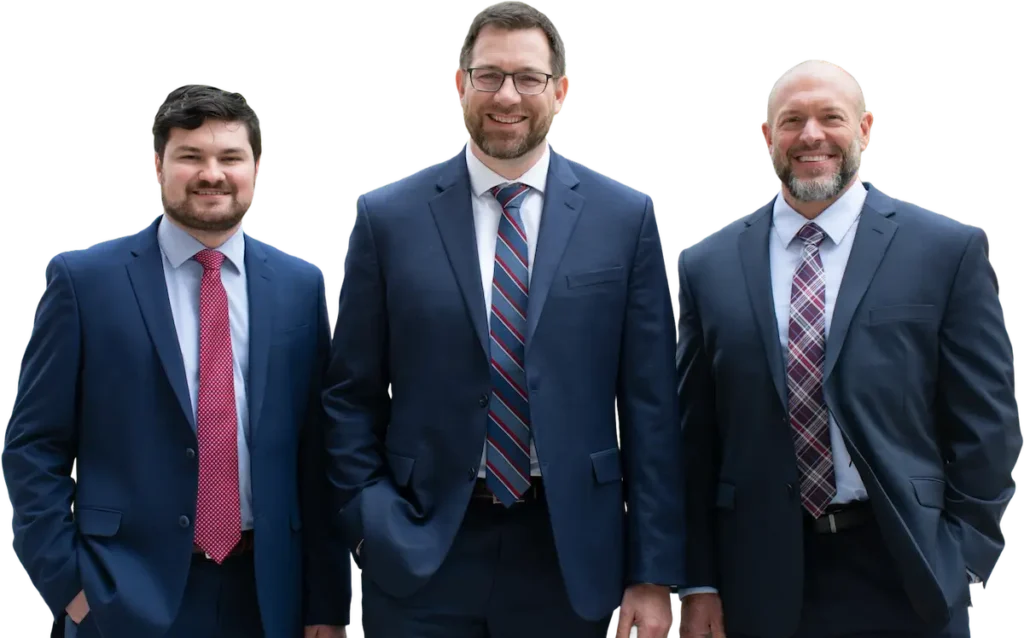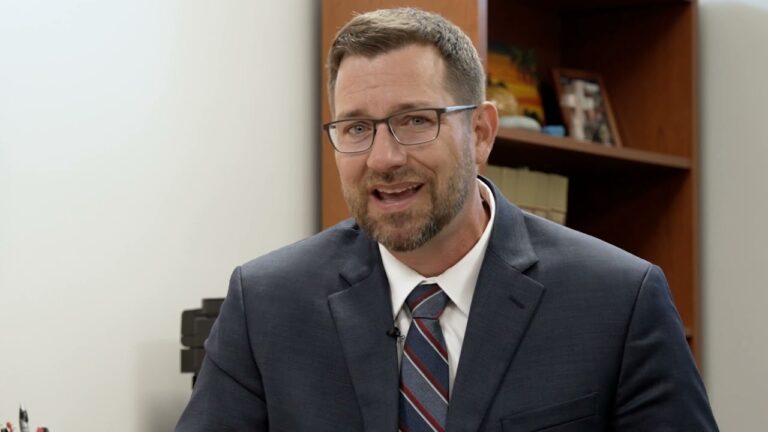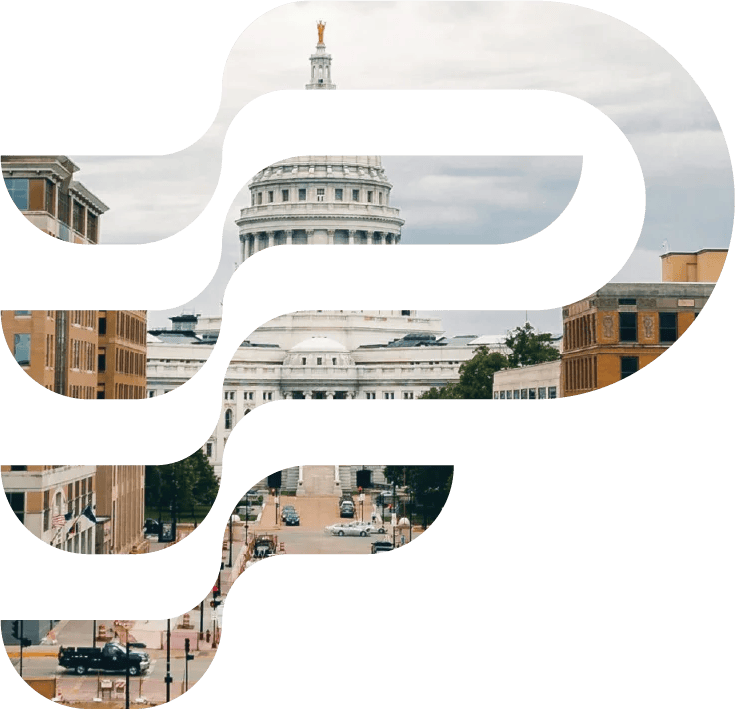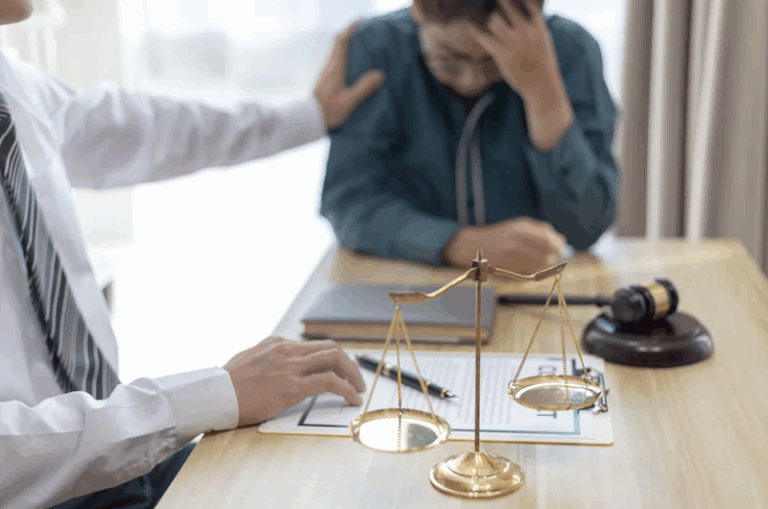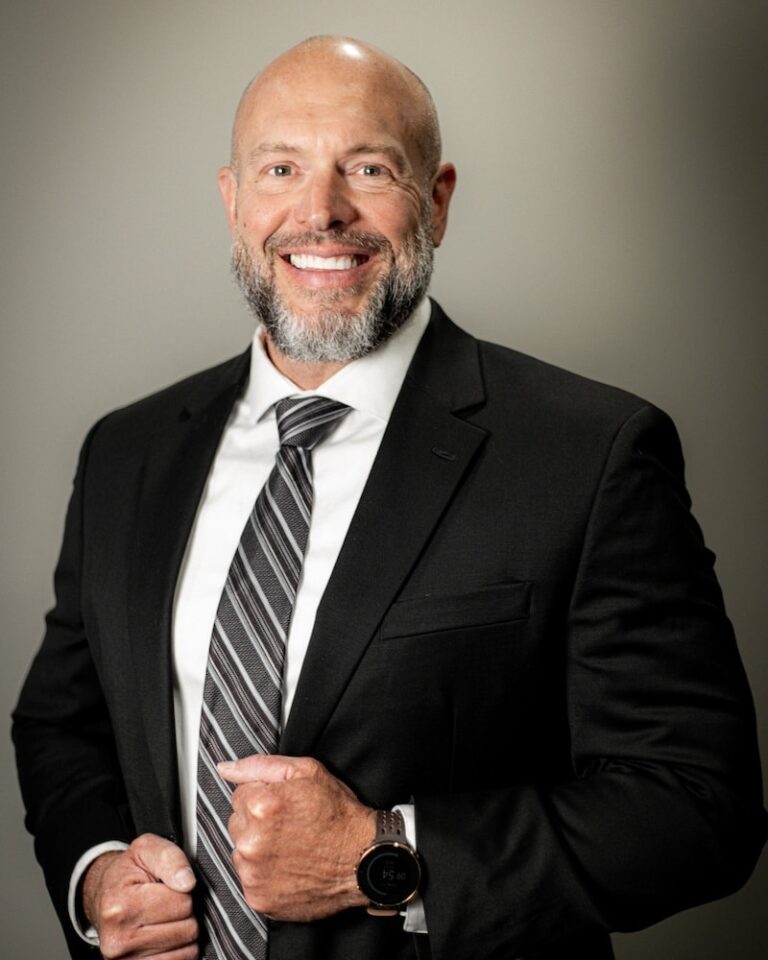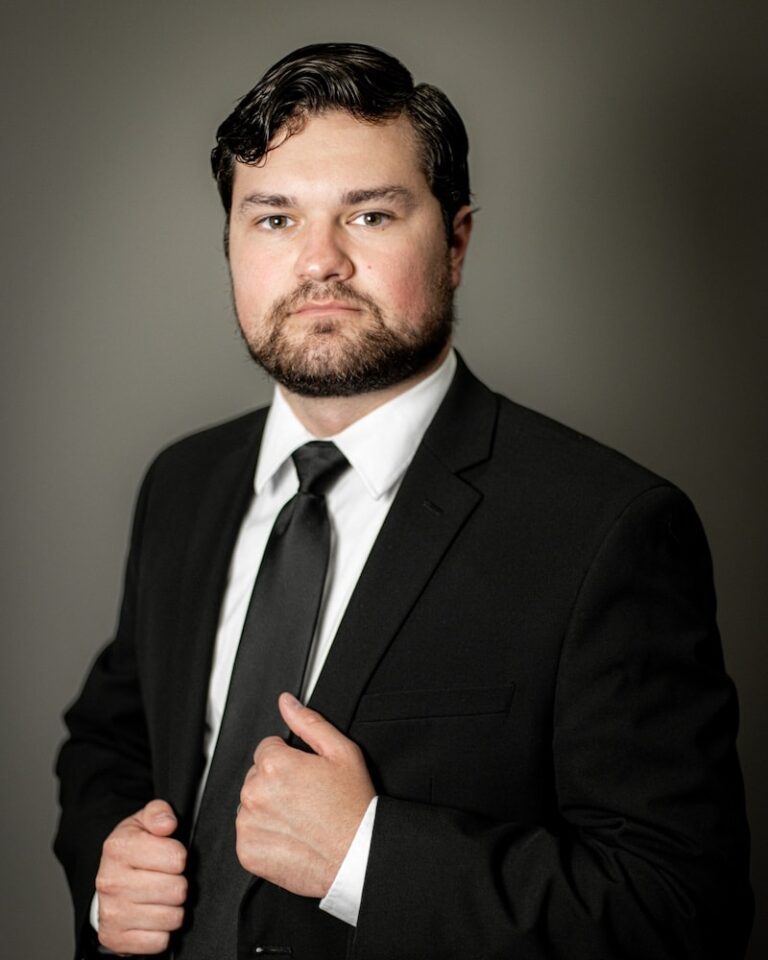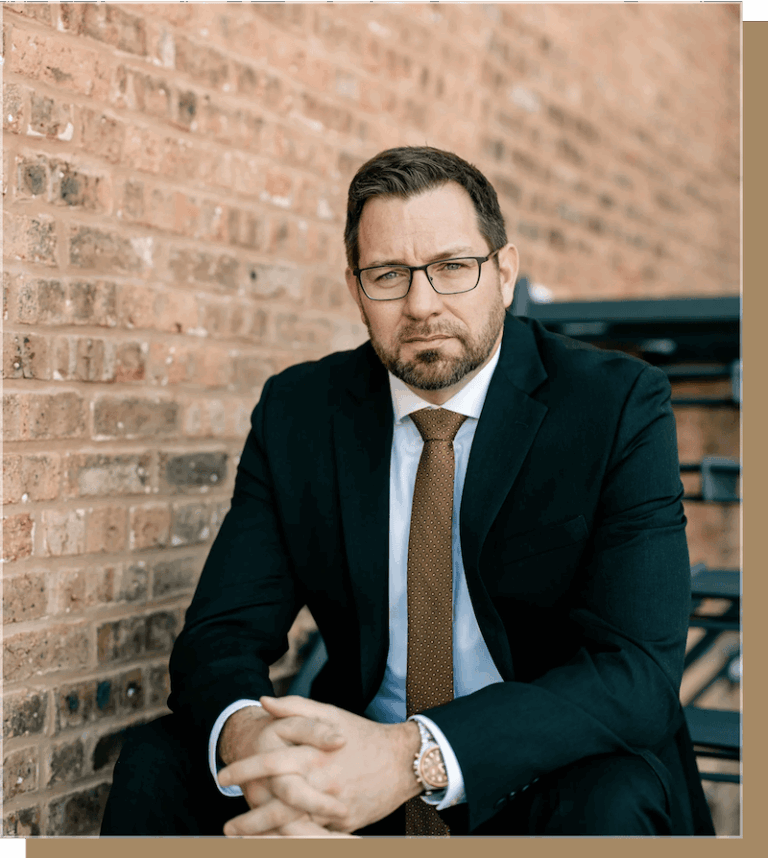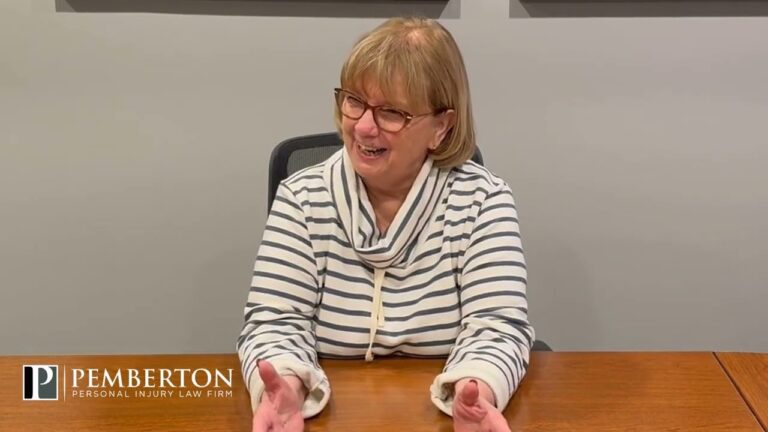Claiming Compensation in a Wisconsin Car Accident
You’ll typically want to get started on a claim right away after an accident. These matters can take a long time. In Wisconsin, the statute of limitations for a car accident injury is three years. Victims can sometimes wait months and months before seeing reimbursement and financial recovery.
To secure compensation, you must provide evidence of the damages suffered due to the accident including:
- Medical records
- Bills
- Proof of lost wages
- Documentation of property damage
- Demonstrating non-economic damages like pain and suffering, emotional distress, and loss of enjoyment of life
Navigating the car accident claims process requires effective communication with insurance companies. This involves filing claims, negotiating settlements, and sometimes disputing claim denials. If an agreeable settlement cannot be reached, it may be necessary to file a lawsuit.
Areas We Serve
We serve clients throughout Wisconsin. You can find us in Madison, Baraboo, and Eau Claire, or call (608) 448-6242.

Wisconsin Personal Injury Lawyers Who Can Maximize Your Claim
With no upfront costs, Pemberton Personal Injury Law Firm fights the legal battle for car accident victims across Wisconsin. Our team can you navigate the legal system to find the best option for obtaining injury compensation. We represent clients in various auto accident cases, including basic car accidents, complex truck accidents, and even Wisconsin rideshare accidents involving Lyft or Uber.
Proving Fault in Wisconsin
Wisconsin is a fault state for car accidents. This means the at-fault driver will be responsible for the injured person’s medical bills, lost wages. They will also be liable for pain and suffering compensation. This differs from no-fault states, where your auto insurance covers your injuries regardless of fault for the accident.

COMPARATIVE NEGLIGENCE RULE
Wisconsin’s comparative negligence rule is also referred to as the 51 percent rule. This means that if you are 50% or less responsible for an accident, you can recover damages. The extent to which you were responsible for the accident can also affect your claim.
If you are partially at fault for a car accident in Wisconsin, your compensation can be reduced by your percentage of fault. But you must be less than 51% at fault.
This aspect of car accident law can confuse clients. Don’t worry, our lawyers will take care of the complex issues so you can focus on other matters – like recovering.
CAR ACCIDENT DOCUMENTATION
Official documentation of the accident helps establish facts and
fault. After an accident, you should take photos of the accident scene, including vehicle damage, and be sure to seek medical help for injuries. Similarly, consistent and credible statements from witnesses of the accident can improve your case.
Reporting the accident to the police and to the appropriate insurance provider is critical to ensuring a smooth claims process.
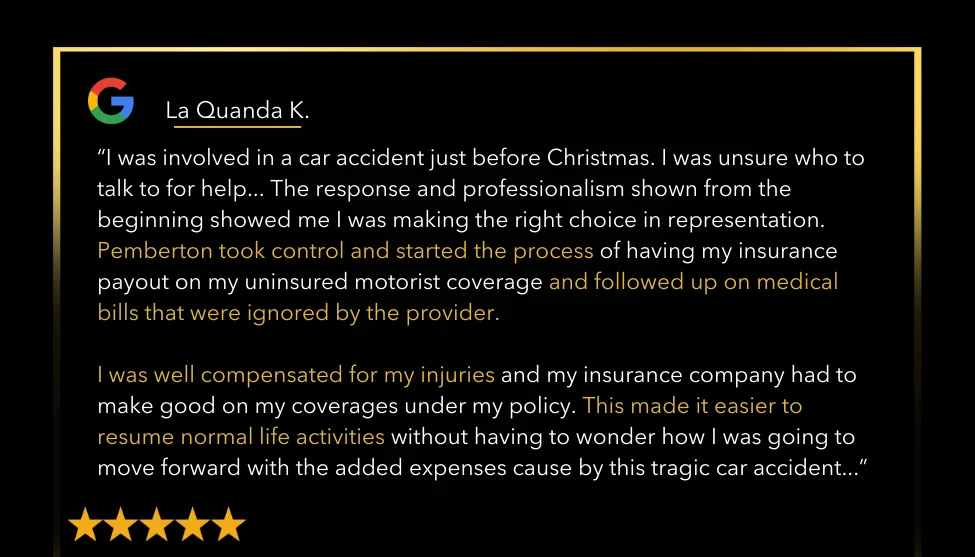
Proving Damages From a Car Accident
Damages from a car accident include more than just medical costs. Economic damages include lost wages and property damage. Non-economic damages cover pain and suffering, emotional distress, and loss of enjoyment in life.
DOCUMENTATION OF INJURIES
The severity of your injuries plays a significant role in the claim, with more severe injuries typically resulting in higher compensation. Proof of injury through medical documentation is essential to proving fault in Wisconsin. That includes records of treatment, ongoing care, and prognosis. Injuries resulting in permanent disability or disfigurement can significantly impact the claim’s value.
Seeking immediate medical attention after the accident is critical. Insurance companies may argue that your injuries were not serious or linked to the accident. If the accident made existing injuries worse, you can include this in your claim. However, you will need clear medical evidence to support this.
DOCUMENTING OTHER DAMAGES
Beyond documentation of the injury itself, it will be necessary to gather evidence for other types of damages to claim all compensation you are entitled to.
Economic damages include records of lost wages, repair or replacement costs for damaged property, and any out-of-pocket expenses directly related to the accident. Pay stubs, tax returns, and statements from employers can support claims for lost income. Receipts and estimates for vehicle repair or replacement also provide necessary proof of property damage.
Non-economic damages such as pain and suffering, emotional distress, and loss of enjoyment also require thorough documentation. Statements from loved ones and therapists can support claims for non-economic damages by providing insights into the accident’s effects on your life.
Dedicated Accident Injury Lawyers
Building the strongest case possible to prove fault and damages after a car accident is what we do. At Pemberton Personal Injury Law Firm, our dedicated team is here to guide you through every step to maximize your compensation. We’d be glad to support you in these challenging times.

Liability Insurance for Car Accidents in Wisconsin
You’ll find that liability is a complex matter when it comes to car accidents. Depending on the status of the at-fault party’s insurance coverage, you may need to seek compensation from different insurance providers at different times following the accident.
In personal injury claims after a car accident, liability insurance most commonly covers the cost of damages and injuries the insured driver causes to others. In most states, including Wisconsin, liability insurance is mandatory. If you’re caught driving without proof of insurance, you may be fined up to $500 and the state may suspend your driving privileges.
Wisconsin’s Safety Responsibility (SR) Law
In most cases, motorists in Wisconsin must legally provide proof of insurance or financial responsibility (SR22 Certificate) to the Wisconsin DMV. This shows that they have liability insurance.
The coverage required by law is $25,000 per injured person and $50,000 per accident if the accident effected two or more people. This implies that if an accident occurs with three injured individuals, the liable person’s insurance will cover up to $50,000 in total.
However, any single person’s compensation will not exceed $25,000 under that liability coverage. Wisconsin’s SR Law encourages motorists to maintain liability coverage. It imposes driver licensing and vehicle registration sanctions on uninsured drivers who don’t pay for damages they cause in a motor vehicle accident.
What if the other driver doesn’t have insurance?
If the at-fault party does not have liability insurance, three forms must be submitted to hold the at-fault party responsible for the damages:
- Form MV3658 evaluation of motor vehicle damage
- Form MV3657 evaluation of property damage
- Form MV3656 evaluation of personal injury
After the DMV receives these forms, they have six months to review and process them before sending a Notice of Suspension to the at-fault motorist.
Unsure how to follow this process? Connect with our car accident attorneys for assistance.
OTHER FORMS OF INSURANCE
If the at-fault party is uninsured or underinsured, you may be able to seek compensation for both economic and non-economic damages from other forms of insurance that you may have. This includes umbrella insurance, underinsured motorist coverage, personal injury protection, and more.
Insurance pitfalls to avoid after a car accident
There are a number of common tactics that insurance companies will employ to try to minimize payouts and deprive you of compensation. Stay on the lookout to avoid putting yourself in a disadvantageous position as you pursue compensation.
QUICK OFFERS: Car insurance companies may quickly offer a settlement far below the claim’s value. They do this with the hope the injured party accepts before fully understanding their injuries or damages. They may even pressure by highlighting quick resolution benefits and downplaying long-term consequences of a low offer.
RECORDED STATEMENTS: Adjusters often ask for recorded statements shortly after an accident. They might use these to find inconsistencies or statements to use against the claimant later. They may also ask questions that downplay the severity of injuries or imply the claimant was at fault.
DELAYING TACTICS: Insurance companies may delay processing claims. They hope the injured person will get frustrated and accept a lower settlement. Sometimes they ask for more documents or medical records, which causes more delays. In these cases, it is important to keep detailed records. You should follow up regularly and respond quickly and completely.
LIABILITY DISPUTES: Insurance companies might dispute their policyholder’s liability, even when fault seems clear, to reduce their payout obligation. This could involve trying to shift some of the blame onto the injured party or arguing for reduced compensation based on comparative negligence laws. Alternatively, they might attempt to bar compensation entirely by proving their policyholder is less than 50% at fault.
MINIMIZING INJURY: Adjusters may try to downplay injuries. They can use medical records in a selective way and argue that the injuries are not as serious as claimed. Sometimes, they hire their own medical experts to support their views. They may also say that the injuries were pre-existing so they can limit the settlement amount.
SURVEILLANCE: Insurance companies occasionally use surveillance or vehicle-tracking technology to identify activities that contradict injury claims. This evidence can suggest that injuries aren’t as severe as reported.
Advocating for Victims of Wisconsin Hit-and-Runs
Hit-and-run car accidents can have a devastating impact on the lives of victims, both physically and emotionally. These incidents can cause serious injuries or even deaths. They can also leave people and their families with lasting trauma and financial problems.
At Pemberton, we know how difficult it can be to face the aftermath of a hit-and-run in Wisconsin. Common questions include: How do I obtain compensation if no one finds the other driver? and will my insurance go up if I make my claim after a hit and run?
Our car accident lawyers will provide answers to these questions and more. You shouldn’t have to worry about how to pay for your expenses after a hit-and-run.
Compassionate Car Accident Attorneys
At Pemberton Personal Injury Law Firm, we strive to bring our clients peace of mind. We will go above and beyond to protect your rights and fight to maximize your compensation payout. We understand the toll that an injury can have on the injured and their loved ones. You don’t have to go it alone.
